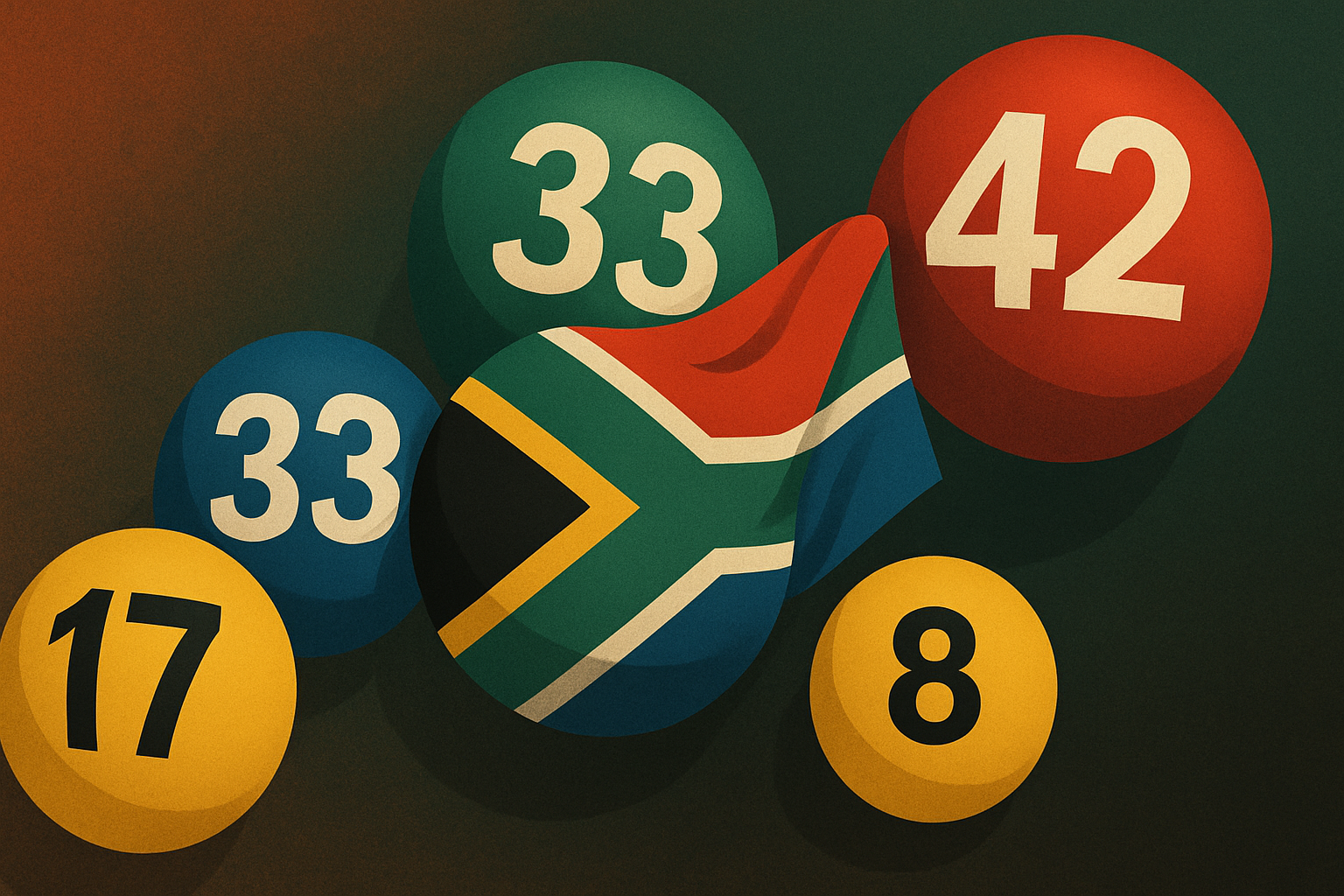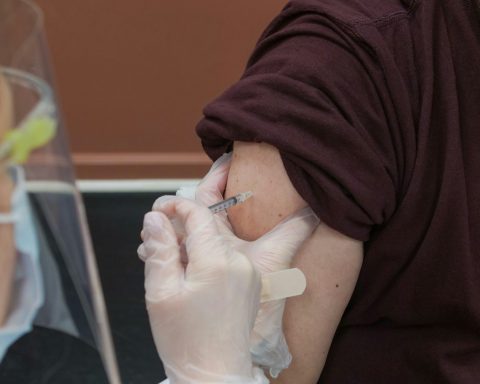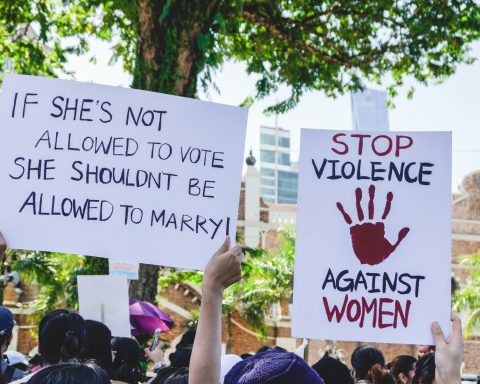The South African government’s proposal to introduce a state-run national lottery in South Africa has sparked widespread alarm, with growing concerns about potential political interference, lack of transparency and corruption.
Government plans to nationalise the South African lottery when the current private operator’s licence expires in 2034. The Department of Trade, Industry and Competition (DTIC) is reportedly advancing proposals to shift control of the National Lottery from private operators to direct state management. Currently, the lottery is operated by private companies under licence from the National Lotteries Commission (NLC), but the proposed model would allow the state to both regulate and operate the lottery.
Trade and Industry Minister, Parks Tau, has argued that a state-run model could resolve longstanding issues linked to private operators, suggesting it would help eliminate conflicts of interest that have plagued previous tender processes. An ANC National Executive Committee member told City Press that “nationalising the lottery will eliminate the issues of conflict of interest and other issues associated with corruption.”
However, opposition parties, business leaders and civil society organisations have warned that direct state control could open new avenues for political manipulation. The National Lottery has previously been embroiled in extensive allegations of fraud, mismanagement, and criminal syndicates misappropriating funds meant for social development and charitable causes. President Cyril Ramaphosa recently authorised a Special Investigating Unit (SIU) probe into irregularities at the NLC, further highlighting the deep-rooted concerns over governance.
Critics argue that while previous tender processes have faced legal challenges, replacing private operators with government management may only shift the risks. “Every time there is a call for requests for proposals, we experience serious problems that tend to be followed by court actions,” one political observer remarked, warning that the governance failures extend beyond private involvement.
The current operating licence held by Ithuba, valued at an estimated R180 billion, is set to expire in 2034, prompting fresh debate over the long-term future of the lottery. The previous licensing process was marked by litigation and delays, resulting in multiple extensions of Ithuba’s contract.
Formal details on how the state-run national lottery in South Africa would be structured are expected to be released in the coming months. Parliamentary debate, possible legal challenges and close scrutiny from civil society watchdogs are all anticipated as the plan progresses.
The proposal taps into a broader national debate about the expanding role of the state in key sectors of the economy. While proponents view it as a necessary reform, critics fear that greater state control may entrench political patronage rather than restore public confidence.






